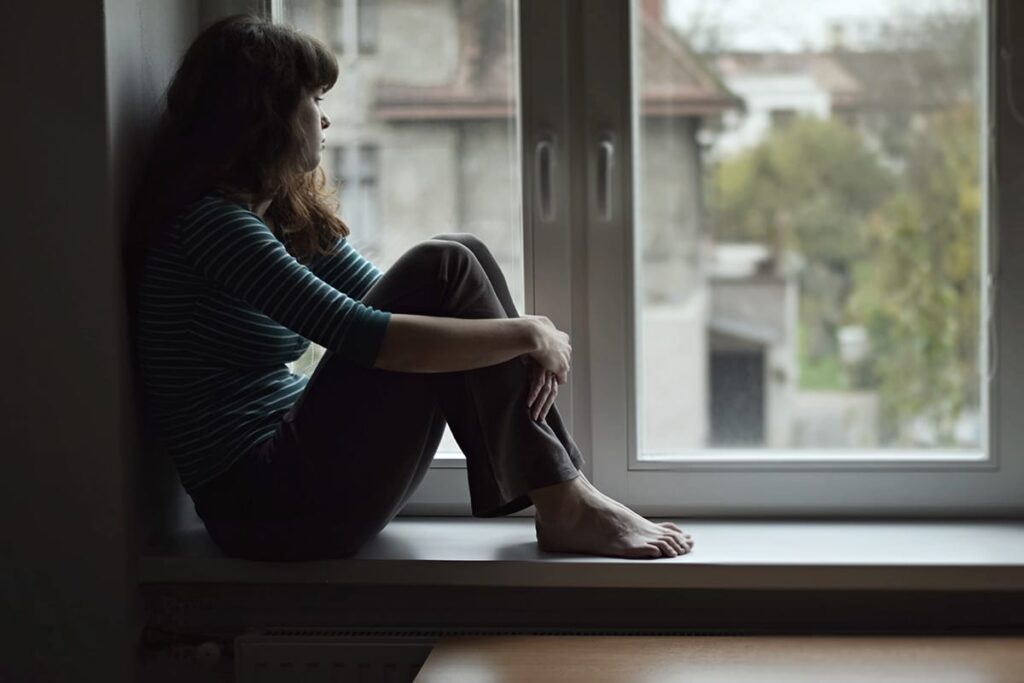Roughly 25 million Americans are affected by major depression. In addition, millions of people have symptoms of other depressive illnesses. A depression treatment program is recommended for anyone with diagnosable symptoms. This type of program will help you learn how to live a productive life despite your illness. You can also do additional things to keep your symptoms in check and improve your quality of life.
Common Signs of Depression
Depression comes in a variety of forms. This means that you may be affected in a number of different ways. Major depression is the most common depressive illness. Unfortunately, it’s also the most severe. Potential signs of major depression include:
- Feelings of fatigue or decreased energy
- Sadness that affects you most or all of the time
- Persistent negative emotions such as worthlessness or guilt
- A reduced ability to feel pleasure
- Insomnia
- Excessive sleeping
- Unexplained headaches or body aches
- Problems remembering things or concentrating
- Unusual changes in your weight and/or appetite
- Restlessness
- Recurring thoughts of dying
- Suicidal thoughts and/or behaviors
Not everyone who experiences these things has a diagnosable case of major depression. To receive a diagnosis, you must be seriously affected most of the time for at least two weeks in a row.
Signs of High-Functioning Depression
Some people who are significantly affected by depression don’t have major depression. Instead, they have dysthymia, also known as persistent depressive disorder or PDD. In addition, some people refer to the disorder as high-functioning depression. However, many mental health professionals dislike this term.
Why? It can imply that people with PDD don’t have a serious condition. But, in reality, that’s not the case. It’s true that PDD symptoms are not as severe as those of major depression. However, what they lack in intensity, they make up for in persistence. Affected people generally feel down or depressed for a minimum of two full years. They may also experience bouts of major depression.
The signs of depression in PDD are essentially the same as those of major depression. You may not feel as down, but you will feel down for more extended periods of time. If you go through bouts of major depression, your symptoms will grow stronger during those episodes.
Living With Depression
If you have a diagnosable case of depression, treatment is essential. Modern treatment may include medication, psychotherapy, or a blend of both options. The vast majority of people who seek help will get better.
Strict adherence to your treatment plan is crucial to living with depression. You also make this goal easier when you take other steps to support your well-being. Things recommended by experts include:
- Eating healthy and exercising on a regular basis
- Creating a support network that includes your friends and family
- Seeking additional support from other people recovering from depression
- Avoiding alcohol, drug, and nicotine use
You may also want to consider taking up a mindfulness practice like meditation. Be aware that depression may affect you to some degree for the rest of your life. However, your wellness efforts may provide substantial benefits both now and in the future.
Turn to Springfield Wellness Center for Help Living With Depression
At Springfield Wellness, we’re dedicated to helping you successfully cope with depression. We support your short- and long-term well-being in a variety of ways. Your options include frontline depression treatment with medication and therapy. They also include added support for your brain health through NAD+ therapy. We’ll help you create an effective recovery plan no matter your situation.
Ready to start learning how to live with depression? Call us today at 844.334.4727. You can also reach us through our online information form.

